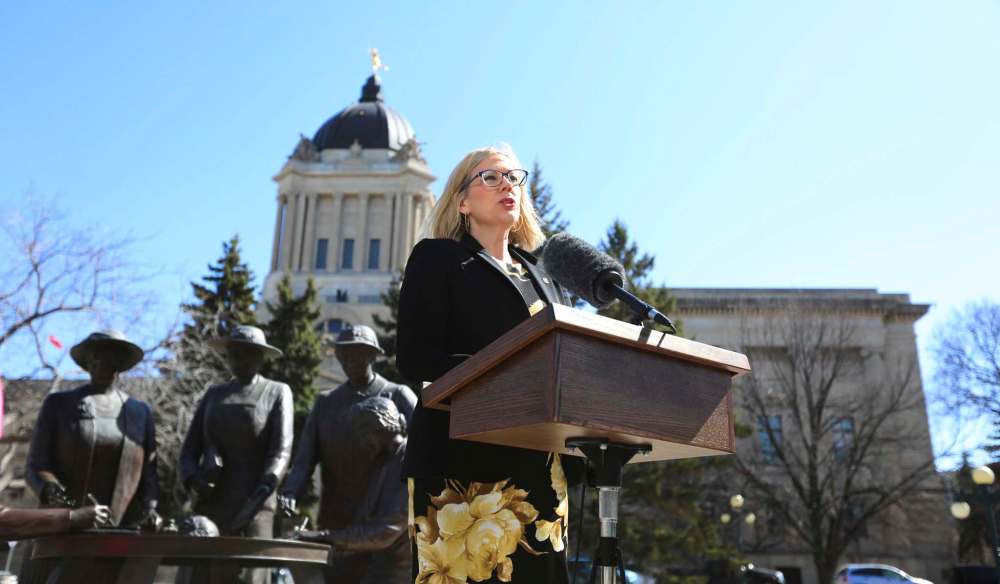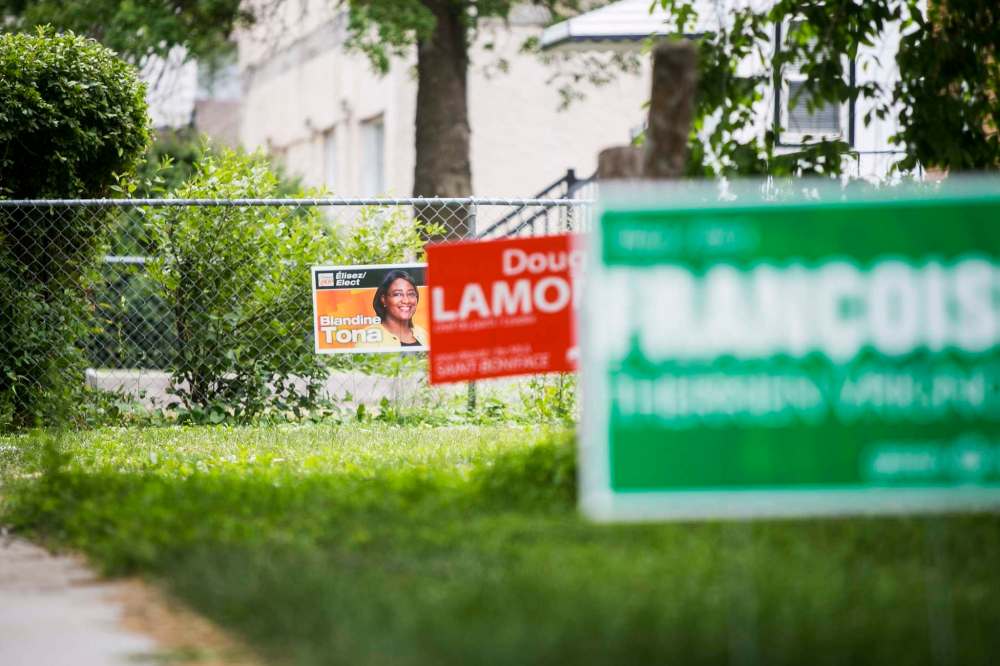Province sits on news of high lead levels in St. Boniface, blames byelection
Advertisement
Read this article for free:
or
Already have an account? Log in here »
To continue reading, please subscribe:
Monthly Digital Subscription
$19 $0 for the first 4 weeks*
- Enjoy unlimited reading on winnipegfreepress.com
- Read the E-Edition, our digital replica newspaper
- Access News Break, our award-winning app
- Play interactive puzzles
*No charge for four weeks then billed as $19 plus GST every four weeks. Offer only available to new and qualified returning subscribers. Cancel any time.
Read unlimited articles for free today:
or
Already have an account? Log in here »
Hey there, time traveller!
This article was published 16/07/2018 (2357 days ago), so information in it may no longer be current.
Manitoba’s sustainable development minister has known about high lead and zinc levels in the soils of two dozen south St. Boniface properties for two weeks, but has yet to issue a formal alert to the public.
In an interview Tuesday, Rochelle Squires said the Progressive Conservative government was prevented from publicizing the findings of a University of Manitoba soil analysis because of a government news blackout due to the St. Boniface byelection.
Squires said affected homeowners were handed letters July 13 informing them of the test results. She told the Free Press she first learned of the results between a week and 10 days before that date.

She said her immediate reaction was to alert all homeowners immediately, and issue a news release, but said there were “some challenges” in doing so due to the byelection, which is being held in that community. (Residents go to the polls today, Tuesday, July 17.)
“Personally speaking, I can tell you that it gave me great discomfort that I wasn’t able to go public the minute I found out about this and wasn’t able to hold a press conference and have full disclosure,” Squires said, noting she had promised a transparent process to the South St. Boniface Residents Association.
The election blackout has been a contentious issue in this byelection, with government departments appearing uncertain what information they can or cannot release to the public. Last week, the media were told they could not photograph the premier posing with Order of Manitoba recipients, despite the fact the award presentation was a non-partisan event.
Section 92 of the Elections Financing Act permits exceptions to the ban on government promotion of its programs or activities if they pertain to “important matters of public health or safety.”
Squires acknowledged Tuesday information about high levels of metals in city soils was an “urgent” issue.
She would not specify exactly who within government advised the general public not be alerted to the soil contamination, including whether government lawyers had opposed the release of the information.
“We sought a variety of opinions to ensure we were not in violation of the blackout,” she said.
A spokeswoman for Squires later clarified that “a legal opinion from Crown counsel” was the “deciding factor” in the government’s decision to withhold the information from the general public.

Last summer, 200 soil samples were taken in the area of Mission Industrial Park. The province provided $20,000 to the U of M to be analyze 150 of them on a prioritized basis.
The results showed 24 properties with metals exceeding guidelines set down by the Canadian Council of Ministers of the Environment. Eighteen of the properties had lead levels that exceeded CCME guidelines, while six contained higher-than-acceptable levels of zinc.
Of the 18 properties with high lead levels, six samples were found in household gardens, Squires said.
She said while she could not publicize the results of the soil sampling due to the blackout, she was able to answer media questions about the University of Manitoba’s work.
larry.kusch@freepress.mb.ca

Larry Kusch
Legislature reporter
Larry Kusch didn’t know what he wanted to do with his life until he attended a high school newspaper editor’s workshop in Regina in the summer of 1969 and listened to a university student speak glowingly about the journalism program at Carleton University in Ottawa.
Our newsroom depends on a growing audience of readers to power our journalism. If you are not a paid reader, please consider becoming a subscriber.
Our newsroom depends on its audience of readers to power our journalism. Thank you for your support.
History
Updated on Tuesday, July 17, 2018 3:29 PM CDT: Updates copy




